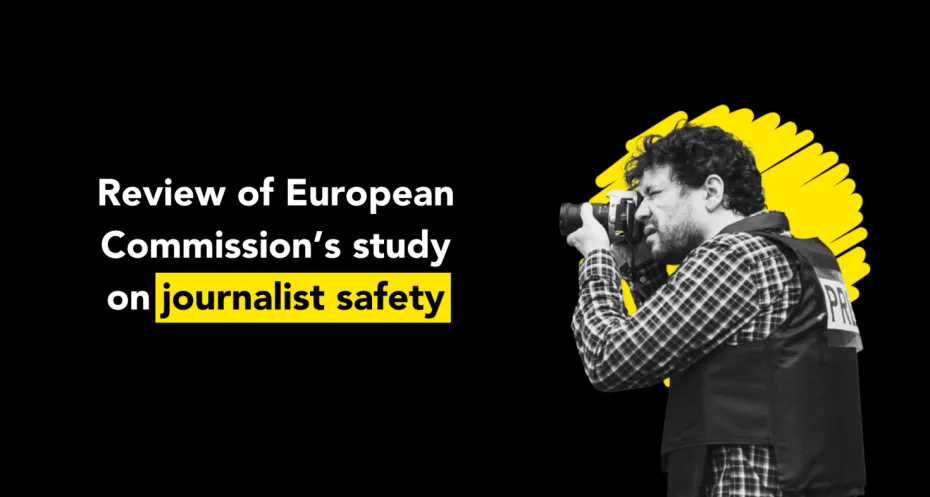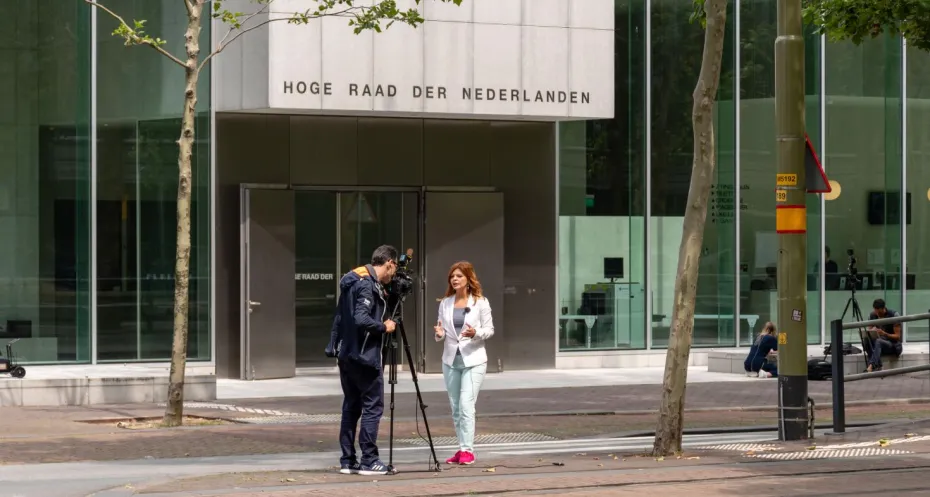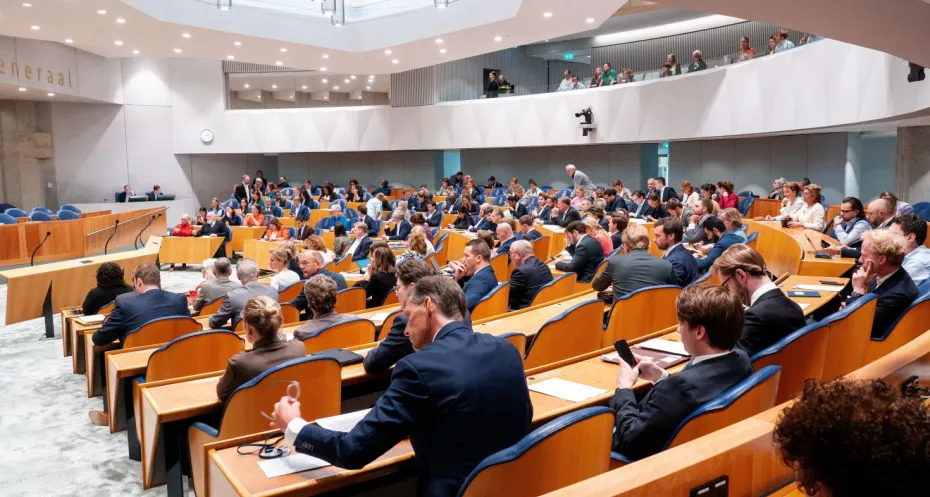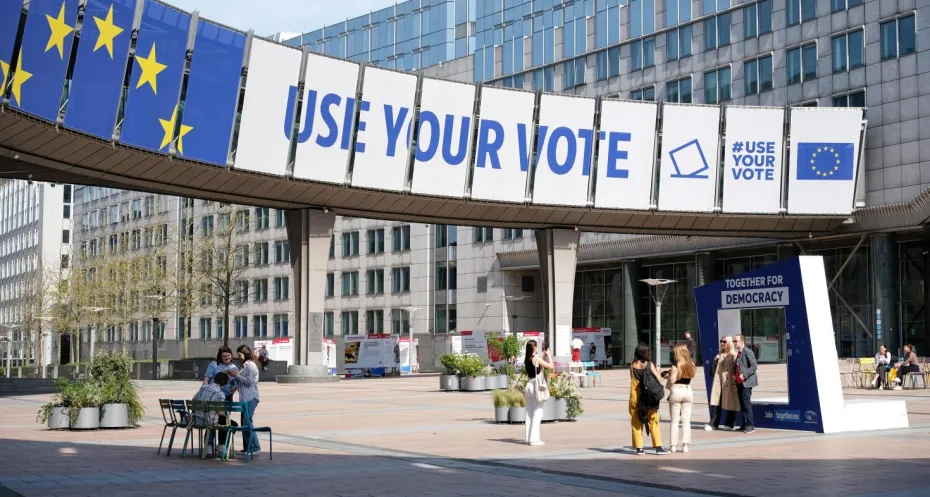European Commission study on journalist safety lacks solutions while security deteriorates

Together with its coalition partners, Free Press Unlimited welcomes the recent study on the actions taken by Member States to implement the European Commission’s Recommendation on the protection and safety of journalists. However, our coalition finds that the report lacks a critical assessment of on-the-ground realities that reduce the effectiveness of initiatives that otherwise look good on paper. We stress therefore the need for more effective measures, and a deeper engagement with journalists and media freedom organisations, to build structures that can genuinely safeguard journalist safety in Europe.
The Media Freedom Rapid Response (MFRR) coalition reviewed the recently published Study on putting in practice by Member States of the Recommendation on the protection, safety and empowerment of journalists, commissioned by the European Commission and executed by Intellera Consulting, Open Evidence, and PricewaterhouseCoopers (PwC).
We welcome the report and efforts to monitor the record of Member States, in view of the persisting challenges to journalist safety. Nevertheless, we find that there is a disconnect between the report’s findings and on-the-ground realities created, in part, by a lack of effective political action for journalist protection.
Persistent hurdles to journalist safety: a reality check
According to the report, most EU Member states “show progress” in implementing the Recommendation, with 19 out of 27 Member States reportedly adopting dedicated action plans or structures. We welcome policy development and political steps taken around the recommendation. At the same time, we argue that the report fails to critically assess the effectiveness of these measures, focusing purely on quantitative aspects.
To its credit, the study does highlight some critical gaps in journalists’ protection across Europe. It says, for instance, that there is a significant lack of dedicated training for police, judges, and prosecutors on journalist safety. About the pressing issue of impunity, it underscores the “lack of specific measures [...] at national level to ensure investigation and prosecution of crimes specifically targeting journalists.” It further states that few Member States offer specific economic and social protections for journalists, and even fewer for freelancers. It admits that existing support mechanisms rarely address the growing threat of online harassment effectively.
In several countries cited as an example of good practice for their governance structures, we have consistently monitored and published evidence that these are often toothless tigers, lacking real political backing.
For instance, Greece. The report positively highlights formal mechanisms that, in their current design, are not responsive to ongoing issues for journalists. For example, while the existence of the Task Force is a positive development, following its mission to Greece this coalition continues to express its concerns that the Task Force has not yet proposed or planned strategies for several crucial components of safety of journalists - including monitoring of violent attacks and impunity (our consortium recorded 24 episodes of physical assault, one resulting in the death of the journalist, in the last four years), as well as improved investigations and prosecution. Moreover, the report states that holding a press card is sufficient for journalists to access events, while reports from journalists and press freedom organizations show that journalists are regularly refused access to press conferences and asylum sites. Similar disparities are observed with regards to the description of Greece’s facilities for economic protection and facilitation of communication between police and journalists.
More examples, and the full statement can be read below.
Signed
International Press Institute (IPI)
Free Press Unlimited (FPU)
The European Federation of Journalists (EFJ)
OBC Transeuropa (OBCT



